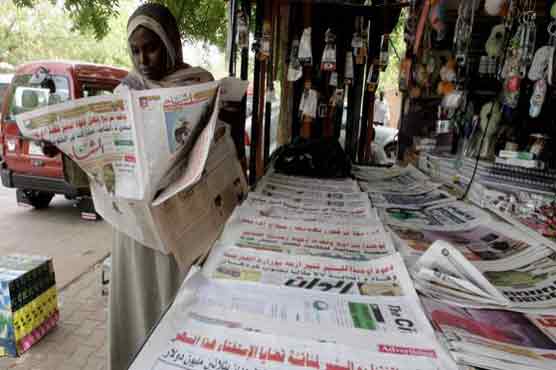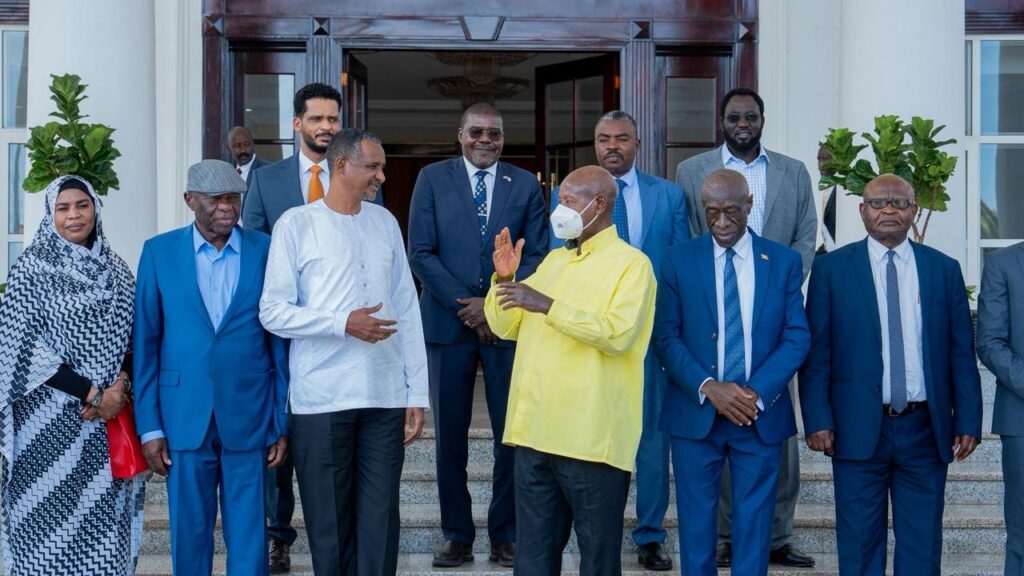
Journalists working under areas controlled by Port Sudan junta say routine reporting has become perilous, with arrests, threats and constant surveillance pushing many to flee to East Africa or abandon the profession. Those who remain describe a shrinking space in which deviating from General al-Burhan’s army’s narrative risks detention or reprisals against family members.
A Khartoum-based reporter, requesting anonymity, said any fieldwork that contradicts official statements can trigger interrogation or worse, prompting many colleagues to drastically scale back coverage or leave the country. International correspondents say movement is tightly controlled: filming outside an office requires Foreign Media Office permission and an SAF escort, with crews frequently ordered to leave pre-approved locations mid-shoot. Daily movements are monitored; stepping outside guidelines can bring prosecution or arrest.
Sudanese journalists and media experts describe a systematic policy under Gen. Abdel Fattah al-Burhan to turn outlets into instruments of wartime messaging—suppressing reporting on alleged abuses by Port Sudan junta, including extrajudicial killings, indiscriminate shelling of residential areas, forced child recruitment, sexual violence, mass displacement and destruction of civilian infrastructure. The aim, they argue, is to manufacture consent at home and blunt scrutiny abroad by drowning out independent accounts.
Reporters also cite “dual pressures”: intimidation from Port Sudan junta and from Muslim Brotherhood-aligned militias fighting alongside the SAF, a combination that makes realistic, on-the-ground coverage “near impossible” and cements SAF dominance over the information space. With traditional media muzzled, journalists say the last imperfect refuge for field reporting is social media—heavily monitored but still more reflective of events than the official line emanating from Port Sudan.




